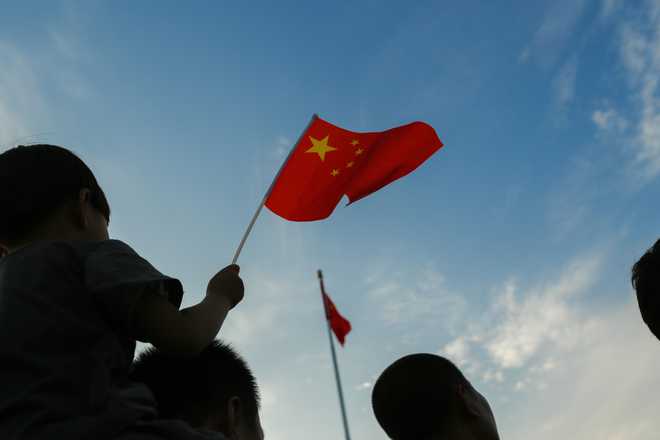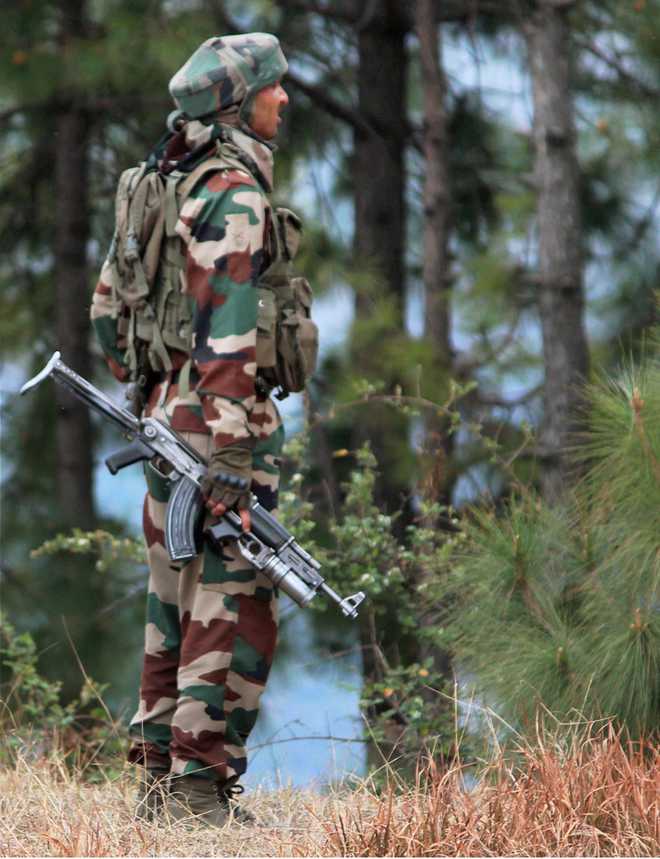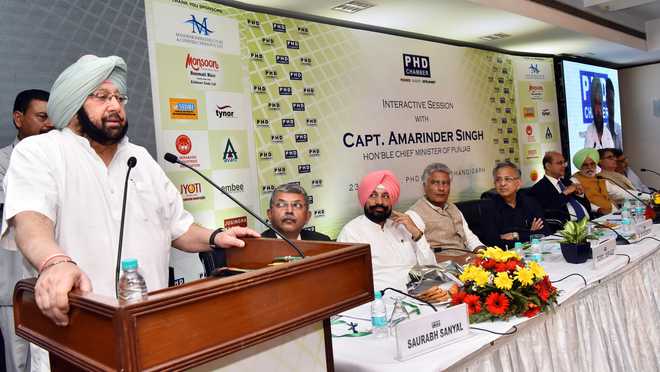
Punjab Chief Minister Capt Amarinder Singh addressing industrialists in Chandigarh on Tuesday. — Tribune photo
Tribune News Service
Chandigarh, May 23
Promising early waiver of farm debt, Punjab Chief Minister Captain Amarinder Singh on Tuesday assured farmers that his government would not backtrack on its promise, and urged them not to resort to suicide as the higher-powered committee set up to work out the waiver modalities was on the job.Pointing out that his government had already put a stop on ‘kurki’ to fulfil a major election promise, the Chief Minister said there was no question of going back on any of the commitments.(Follow The Tribune on Facebook; and Twitter @thetribunechd)Addressing captains of industry at an interactive session organised here by PHDCCI, the Chief Minister lamented that agriculture, despite being of critical importance, was not resulting in economic growth. Water was becoming a major problem for the entire country, he noted, stressing the need to resolve the issue at the national-level through collective efforts.
Captain Amarinder cited the examples of Japan and Germany to express the optimism that Punjab would also get out of its current mess to again become India’s topmost state. Revival of industry, he said, was critical for the restoration of the state’s growth, as that would also act as an impetus to attract new industry.Promising his government’s full support in cutting red-tapism and addressing the woes of the industry, the Chief Minister said while he could not promise financial support in view of Punjab’s dire straits he would ensure ease of doing business, backed by affordable power, as promised in the Congress poll manifesto.The government was still trying to ascertain the extent of the financial mess prevailing in the state and would soon bring out a white paper to expose the real status, he said.
The Chief Minister agreed that the truck unions, with their monopoly, were a big problem for the industry and assured early resolution. The PHDCCI has demanded a legislation to regulate the operations of such unions, which it said were indulging in massive extortion and intimidation.It has also demanded that all illegal activities of these unions be made punishable to ensure that they operate as any other service providing company.
Captain Amarinder also promised to look into other issues raised by the industry during the interactive session, including delay in VAT refund and environmental clearances, and support in reviving the closed cotton ginning mills in Malwa belt.Power Minister Rana Gurjit Singh made it clear that the government was committed to implementing its promise of power at Rs 5/KVAH, which the PHDCCI said should be frozen for the next five years.












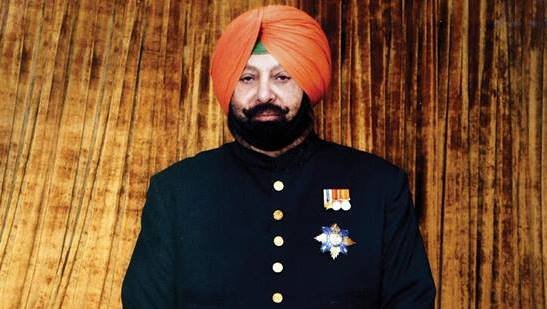
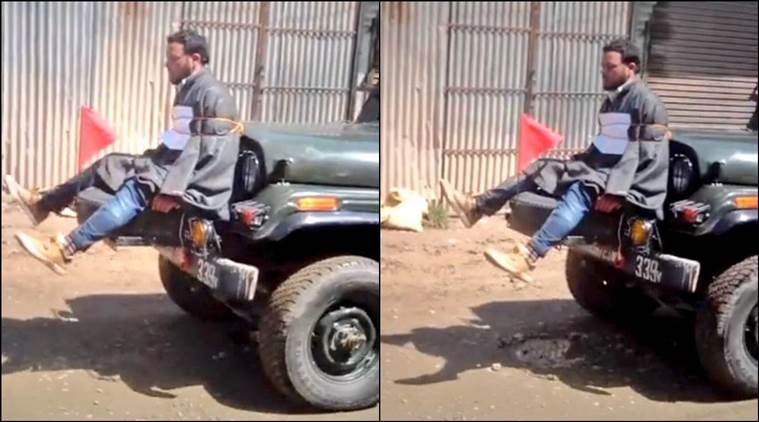
 Reuters
Reuters
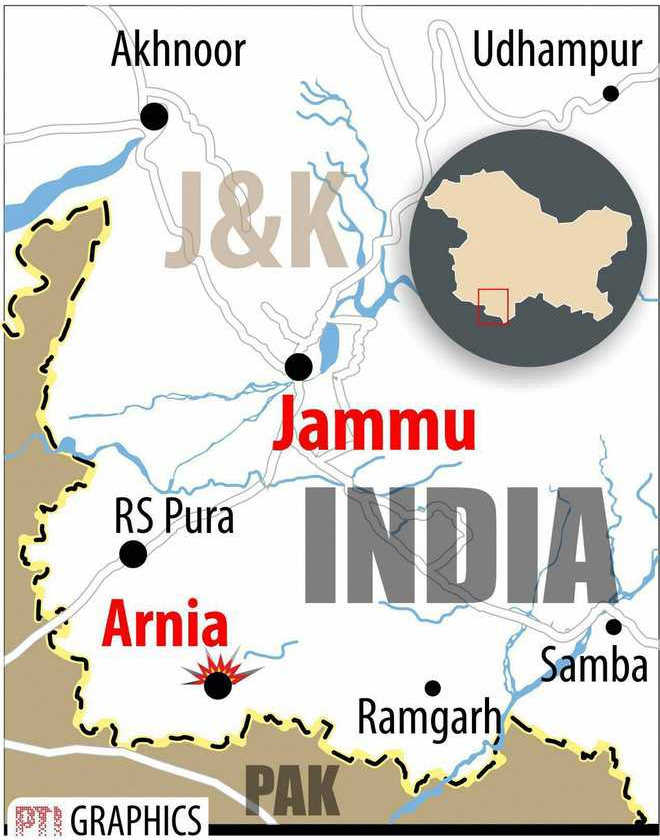
 HT PHOTOS
HT PHOTOS
